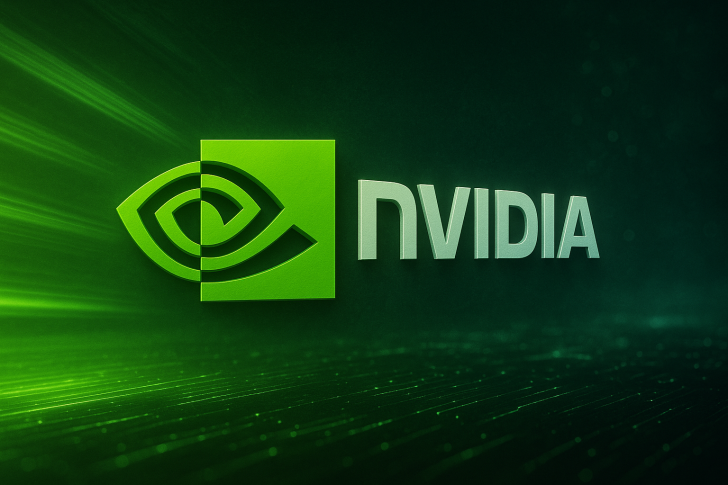The AI chip wars just got interesting. AMD recently offered OpenAI up to 10% equity in exchange for hitting certain chip development milestones. Nvidia's CEO Jensen Huang had some thoughts on this unconventional move, and his reaction reveals just how heated the competition is becoming.
The Deal
In a recent tweet, tech commentator Mario Nawfal reported AMD is betting big. According to industry reports, they've structured a deal where OpenAI could receive up to 10% of AMD's equity if certain chip-building targets are met. It's an unusual move in the semiconductor world, where companies typically compete on technology and price, not ownership stakes.
For OpenAI, it's about reducing dependence on Nvidia. With AI models like ChatGPT consuming enormous computing resources, having an alternative chip supplier isn't just smart, it's strategic. The equity component aligns both companies' interests in a way traditional vendor relationships don't.
Huang's Take
Jensen Huang's response was characteristically sharp. He called the deal "unique, surprising, and intelligent," then added: "I'm surprised they gave away 10% before building the product." Translation: nice try, but you're giving away the farm before proving you can deliver. It was praise wrapped in skepticism, the kind of comment that acknowledges a competitor while reminding everyone who's still on top.
Nvidia owns the AI chip market right now. Their H100 and Blackwell GPUs power most major AI operations, and they don't need to offer equity to attract customers. AMD's approach signals they're playing catch-up and willing to take risks to close the gap. For OpenAI, it's insurance against supply chain vulnerabilities and a chance to influence hardware development directly. For Nvidia, it's confirmation that competitors have to get creative just to stay in the game.
AMD is gambling that this partnership will help them build credible alternatives to Nvidia's hardware. If it works, they break into the top tier. If it doesn't, they've diluted ownership for nothing. Either way, the AI chip landscape is shifting, and what happens next will determine who leads the next decade of artificial intelligence.
 Peter Smith
Peter Smith

 Peter Smith
Peter Smith


